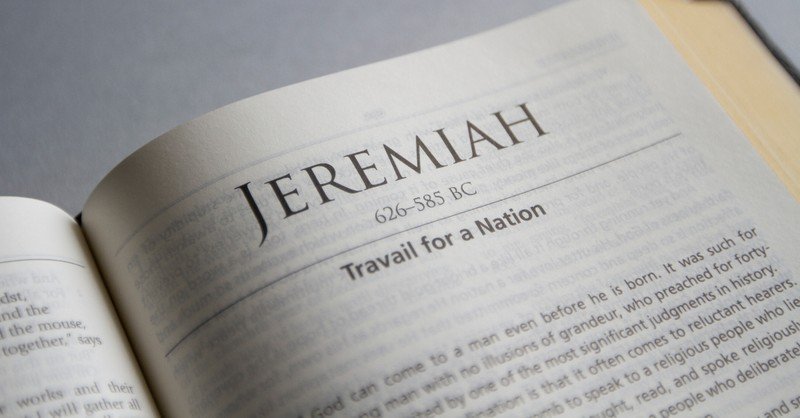Learn From Ancient History
“What might this young prophet, an author of so much of our tradition, tell us about our current time?”
As another variant of the Co-Vid virus ramps and a monkeypox outbreak is declared a global health emergency by the World Health Organization, we have every right to feel overwhelmed. When will this end? Didn’t all of our quarantining, masking, and social distancing work? Will we have to go back to these safety protocols?
It is impossible to know where we go from here. I am confident that Church Council will be actively looking at data and advice from health experts to make the best decisions for our collective health.
I am also confident that amidst such change and frustration, God is actively at work—in ways that we could not have possibly imagined. God’s love is the most creative force in the universe.
In the midst of so much change, it is important for us to ask what we may be learning, how we might reflect God’s love by how we move creatively, and how what it means to be church might be different in this strange time.
My hope is that both Co-Vid and monkeypox will be waning by this fall such that we might do what I am calling “reflection dinners” at peoples’ homes. I want us to plan for fun, to learn about one another, to re-weave and darn some of the intimacy we may have lost during Co-Vid. I want us all to begin asking, “What are my hopes for Pilgrim Congregational over the next five years? What would it look like? Taste like? Smell like? Feel like?”
To discern how we might figure out that direction takes many conversations which might spark our hope, spawn creativity, and remind us that God is moving among us. But if we can’t do that, we’ll figure out a way. Because God is moving among us. I see the signs. And we’ll have fun doing it.
Jeremiah Preaching Series
Starting in mid-August, the Hebrew Scripture readings pick up on the book and prophet of Jeremiah. Hebrew Scripture scholar, Richard Elliott Friedman, believes that Jeremiah is responsible for collecting, writing, and organizing much of Hebrew Scripture—probably many of the Psalms.
It makes sense. Jeremiah was a young priest from Anatoth so he would have the literacy, the time, and the position to both engage the tradition and reflect upon it. He also would have had a compelling reason. Literacy was not common in the ancient world. Much of the tradition was carried orally.
So why would someone feel compelled to write down a tradition that was being carried orally? Threat. The Babylonian Empire was descending on Jerusalem early on in Jeremiah’s story. Jeremiah sees a religious and political elite grinding the people down with their excess, their injustice, and their violence. He tried to warn the rulers of the inevitable consequences to their actions.
When the rulers could see Babylonia at their gates, they repented of their injustice and returned to their covenant tradition. When Babylonia backed away, Judah’s ruling and religious elite returned to their evil ways. When I write evil, I mean using debt as leverage to harm and accumulate wealth, working false measurements to cheat the poor, manipulating the justice system to trample the oppressed, and making lying a regular spiritual practice.
Jeremiah rails against his own people, his own nation. He is jailed, thrown down a well, and called unpatriotic.
What might this young prophet, an author of so much of our tradition, tell us about our current time?

